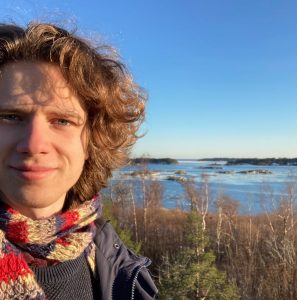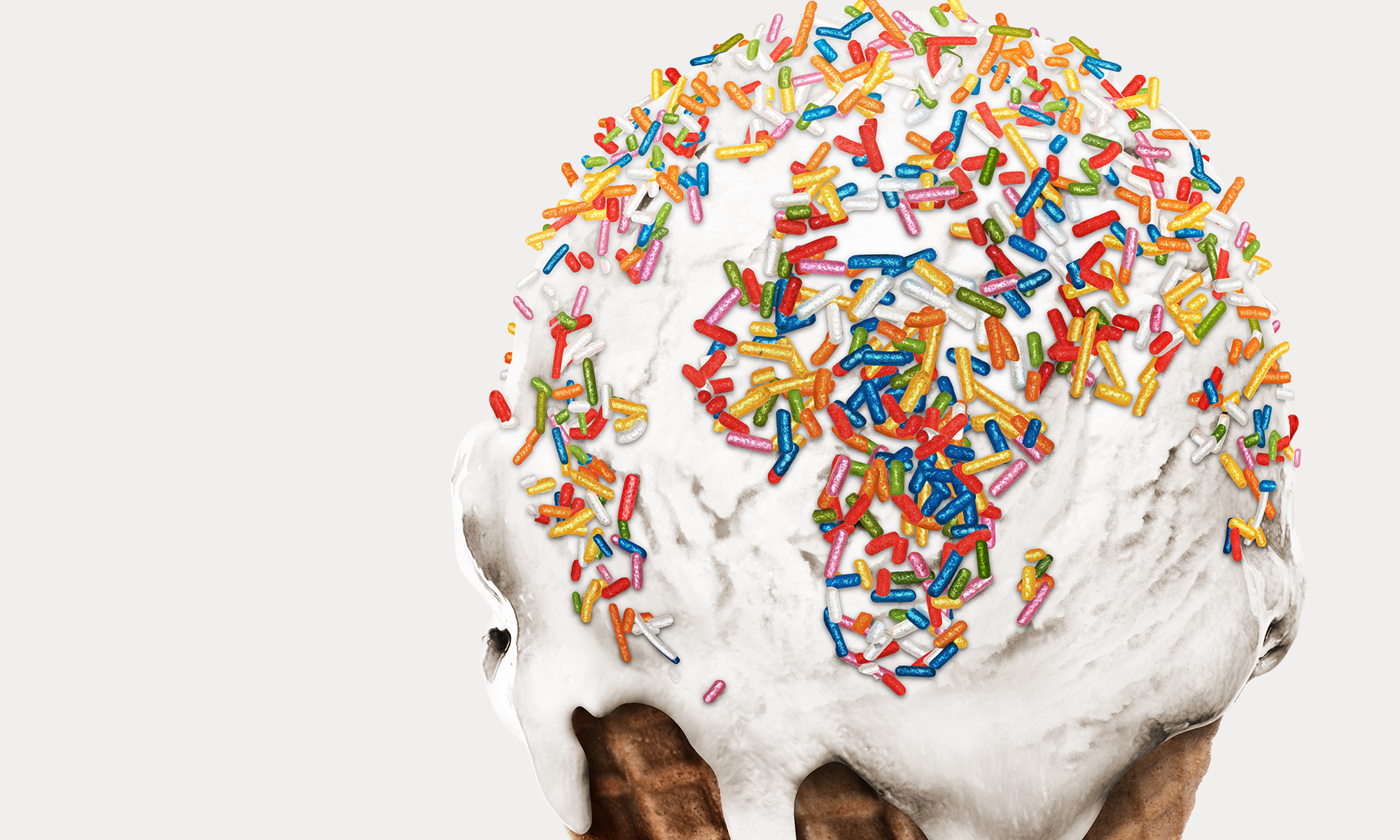
Hello everyone!
I am Evert Odé, a second year Bachelor student in Environmental Sciences in University of Helsinki and one of the recipients of this year’s HiLIFE Research Trainee Scholarships. I am especially interested in marine ecosystems and their interactions with the Earth and climate systems🌍 in these agonising times of great human-induced changes. Phytoplankton, those tiny organisms at the base of the most marine food webs, are at the centre of these interactions: they affect the climate system by sequestering carbon dioxide and influencing the formation of clouds, but are also affected by climate change.
While it is well known that phytoplankton constitute an important carbon sink, they can also emit greenhouse gases. This all makes the interaction between phytoplankton and climate change a very fascinating subject indeed, and I am glad that I have the opportunity to conduct my four-month internship in the Plankton Biodiversity Lab in Tvärminne Zoological Station and participate in their research on this matter.🔬
It has already been shown that many groups of organisms among the phytoplankton can produce methane, a potent greenhouse gas. But how much? One interesting group of phytoplankton are the dinoflagellates. They are strange creatures: many of them photosynthesize with chloroplasts acquired through secondary, tertiary and even quaternary endosymbioses, but they can also eat other organisms. And move around the sea by whirling their flagella!
Their methane production has not been studied much, even though they are increasing in abundance in many areas, including the Baltic sea. Their increase here during the spring bloom has come at the expense of diatoms, another, still more common and diverse group of phytoplankton. They do not eat anybody or move around much, but are efficient in photosynthesis and nutrient uptake. In the experiment this spring, we will study the effects of the dinoflagellates and diatoms on the sequestration and release of methane and carbon dioxide. I am looking forward to it!🌊
You can also view this introduction in Instagram: https://www.instagram.com/p/C4vGKgMiqkm/?img_index=1 (posted March 20, 2024).
